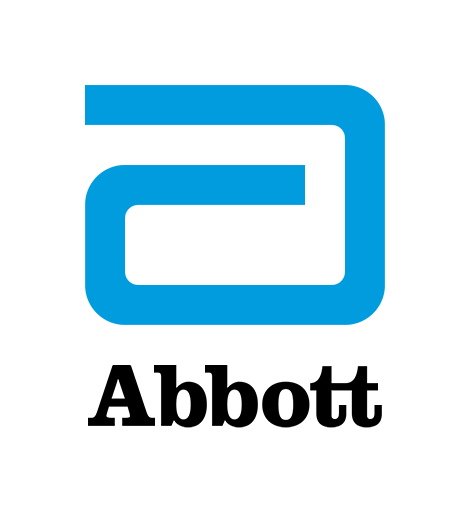Preparing for Hurricane Season
We're helping community food banks and clinics prepare for hurricane season by providing disaster relief in advance.

Originally published on Abbott website July 21, 2020
When a storm hits during hurricane season, every second counts. Recent years have seen the devastating impact of hurricanes across the Southern U.S. Coast and the Caribbean, highlighting the critical need for communities to prepare in advance.
For hurricane season, the best defense is a good offense. That's why Abbott is once again working with trusted non-profit groups to help communities proactively prepare before the storm – so that they can respond quickly with disaster relief when storms strike.
The idea grew from our work following Hurricane Katrina, which devastated New Orleans and broader Louisiana during hurricane season in 2005. The lesson for us was clear and simple: a reactive response wasn’t enough. Communities often face immediate needs for food and medical supplies – but damaged or flooded roads may limit access, and organized disaster relief efforts often take days to ramp up and deliver aid.
Starting in 2006, we pioneered efforts with Feeding America® and Direct Relief to fill this gap by storing nutrition and healthcare products at clinics and food banks in high-risk areas. These "disaster relief packs" are designed to proactively get the right products, in the right places – before a disaster hits. Ready to be deployed within hours, the packs provide the first wave of aid until traditional relief efforts arrive with ongoing support.
For the 2020 Atlantic hurricane season, which runs from June through November, Abbott's partnerships with Feeding America and Direct Relief continue to advance this important work.
Food Banks on the Front Lines
Abbott and Feeding America are once again providing nutrition disaster relief packs to local food banks in areas at risk of hurricanes, including Florida, Louisiana, Puerto Rico and Texas. Designed to be given directly to families affected by disasters, the packs can meet immediate nutritional needs for three days. Tailored to different family sizes, the packs contain Abbott nutrition products for children and adults, including Pedialyte® rehydration solutions, Ensure® and PediaSure® nutrition drinks and ZonePerfect® bars. Altogether, 4,000 packs will provide rapid nutrition support for 12,000 people.
The packs will be stored at food banks in key locations, ready for use in hours after disaster strikes.
Community Clinics Meet Urgent Needs
In 2020, Abbott is working with Direct Relief to provide supplies for disaster relief modules that are sent to 75 health clinics that provide community medical care across the U.S. Southeast and Gulf Coasts, Puerto Rico and the U.S. Virgin Islands. Donated Abbott products include rehydration solutions, nutrition drinks and bars.
In the first year of the partnership in 2006, the Direct Relief modules contained only Abbott products. Today, the modules also include donations from many other healthcare companies, providing clinics with the key first aid supplies and medicines they need to treat 100 patients for three to five days after a hurricane hits.
Longstanding Relief & Recovery Results
Over the past 14 years, when hurricanes hit communities across the U.S., health clinics and food banks across the region were prepared for the flood of water – and the flood of requests for aid. Thanks to the disaster relief packs, nearly 640,000 people had access to needed nutrition and healthcare.
In addition to the targeted disaster prep programs, Abbott also is a longtime supporter of disaster relief efforts around the world. Over the past decade, Abbott and its foundation the Abbott Fund have provided more than $50 million in funding and products to help meet both immediate needs anFFd support long-term recovery efforts. In recent years, this included a rapid response to earthquakes in Chile, China, Haiti, Mexico, Nepal and Puerto Rico; typhoons and flooding in India, the Philippines, Southeast Africa and Vietnam; and hurricanes across the U.S. Gulf and East Coasts, including the most recent Hurricanes Dorian, Florence, Harvey, Irma, Maria and Michael.
When natural disasters strike during hurricane season and all year long, it takes a strong, organized and dedicated effort. Disaster relief packs can provide a faster, more effective response – and sustained relief helps communities to recover and rebuild. Taken together, these efforts help save lives and build more resilient communities.

